In Act II Scene II, dramatic irony occurs when Calpurnia tells Caesar about her dream. Calpurnia recounts the dream, stating, “Fierce fiery warriors fought upon the clouds / In ranks
Julius Caesar Act 2 Scene 1 Storyboard by ds266347
A summary of Act II: Scene i in William Shakespeare's Julius Caesar. Learn exactly what happened in this chapter, scene, or section of Julius Caesar and what it means. Perfect for acing essays, tests, and quizzes, as well as for writing lesson plans.

Source Image: goodticklebrain.com
Download Image
Timeline Autoplay Video Quiz Course 29K views The Plot Against Caesar The entire plot to kill Caesar is an overarching element of dramatic irony rather than a single event. The audience is
Source Image: coursehero.com
Download Image
Julius Caesar Speech Analysis | PDF One of the first examples of verbal irony in Julius Caesar is when Cassius is speaking to Brutus in Act I scene ii. Cassius tries to convince Brutus that Caesar is not worthy to be the leader of

Source Image: goodticklebrain.com
Download Image
Dramatic Irony In Julius Caesar Act 2
One of the first examples of verbal irony in Julius Caesar is when Cassius is speaking to Brutus in Act I scene ii. Cassius tries to convince Brutus that Caesar is not worthy to be the leader of Of course, the central irony of Julius Caesar is dramatic irony, as both the audience and the senators are aware of the plot to assassinate Caesar. Caesar, however, remains ignorant to the plan and even ignores the many warnings – including the soothsayer’s caution, the strange omens at night, and Calpurnia’s dream – that would have saved him.
Julius Caesar: Act 3, Scene 2 (part 4) — Good Tickle Brain
I. dramatic irony– The dramatic effect achieved by a speech the show an incongruity of which a characters in the play remain unaware Example: Sarcasm II. situational irony An outcome that turns out to be very different from what was expected III. verbal irony: What is said is the opposite of what is meant Julius Caesar Act 2 Scene 1 Close Reading Worksheet – Classful
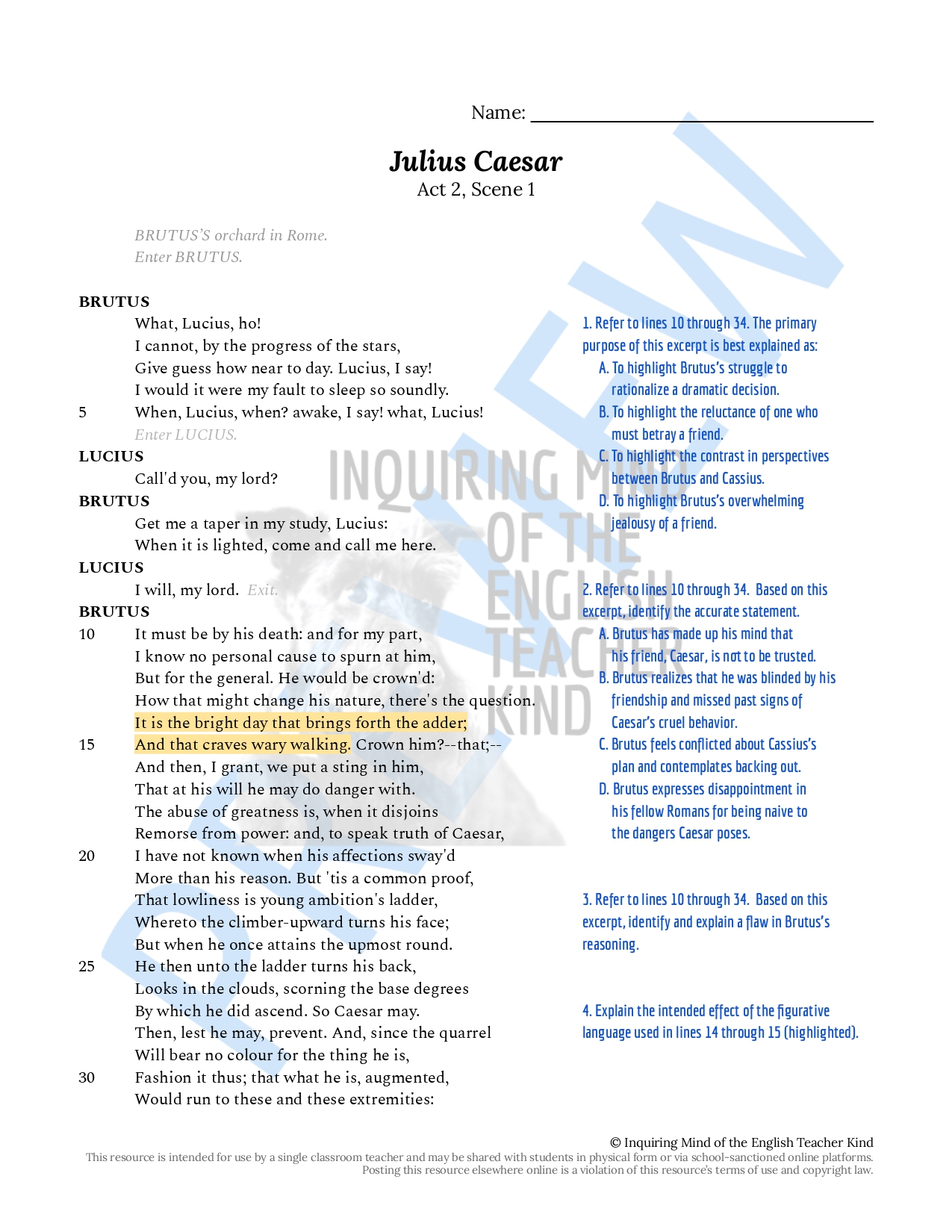
Source Image: classful.com
Download Image
PPT – The Tragedy of Julius Caesar PowerPoint Presentation, free download – ID:2222287 I. dramatic irony– The dramatic effect achieved by a speech the show an incongruity of which a characters in the play remain unaware Example: Sarcasm II. situational irony An outcome that turns out to be very different from what was expected III. verbal irony: What is said is the opposite of what is meant
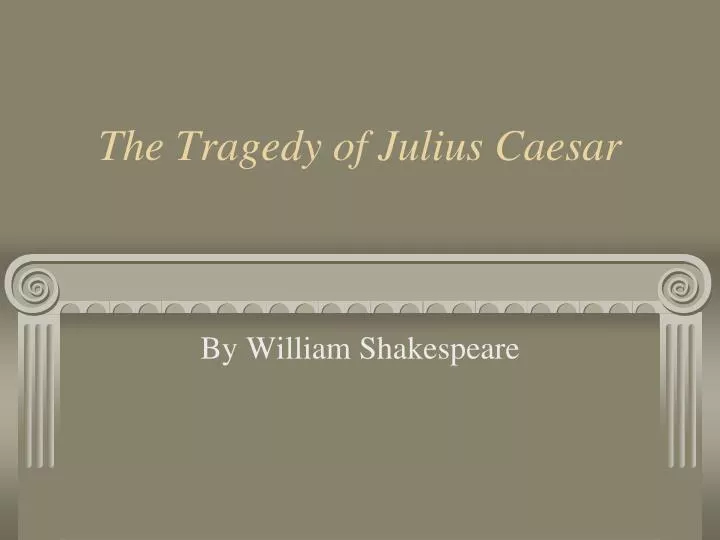
Source Image: slideserve.com
Download Image
Julius Caesar Act 2 Scene 1 Storyboard by ds266347 In Act II Scene II, dramatic irony occurs when Calpurnia tells Caesar about her dream. Calpurnia recounts the dream, stating, “Fierce fiery warriors fought upon the clouds / In ranks
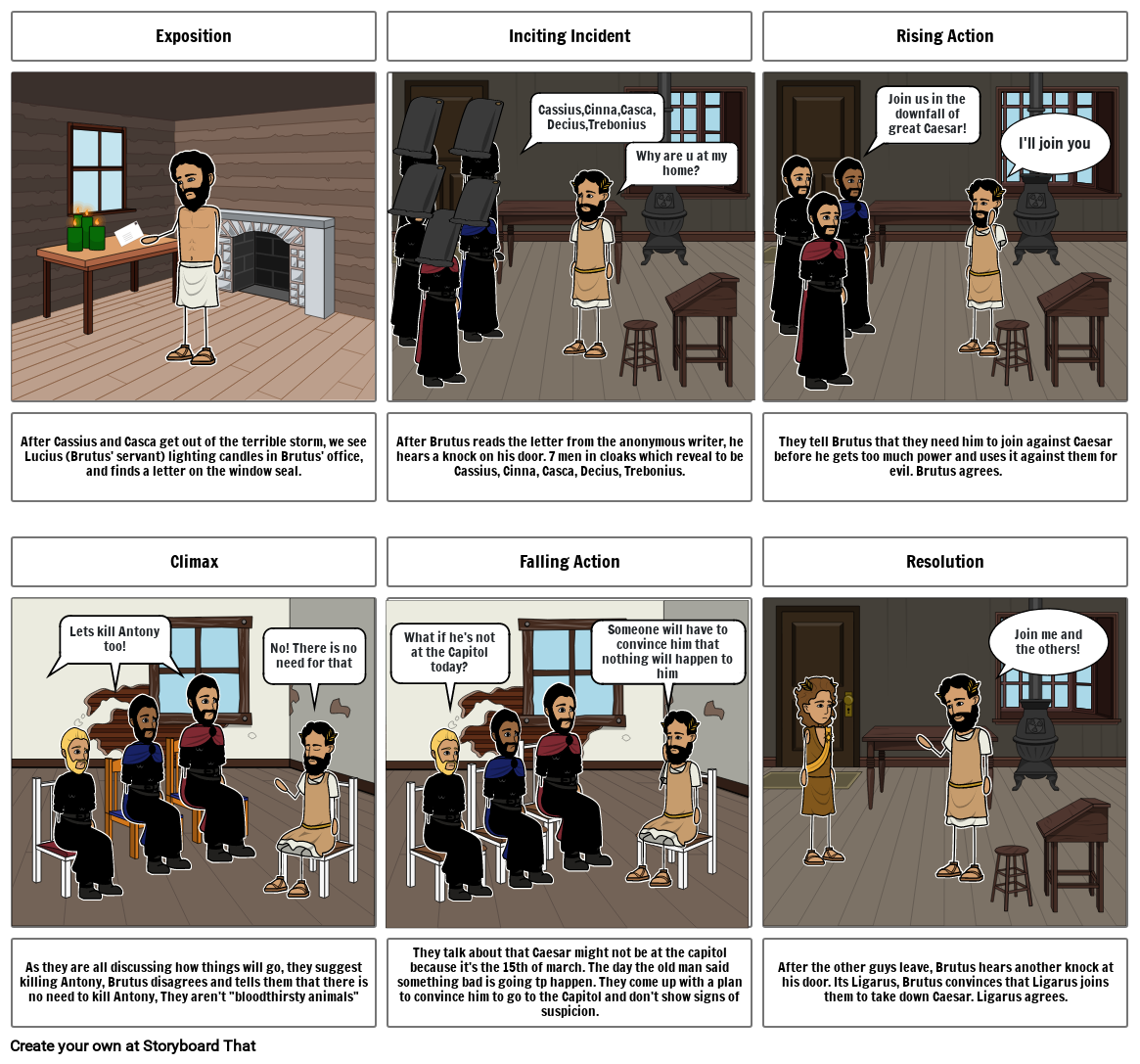
Source Image: storyboardthat.com
Download Image
Julius Caesar Speech Analysis | PDF Timeline Autoplay Video Quiz Course 29K views The Plot Against Caesar The entire plot to kill Caesar is an overarching element of dramatic irony rather than a single event. The audience is
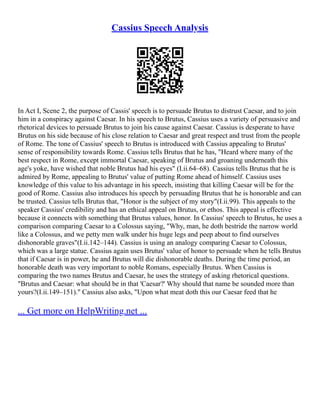
Source Image: slideshare.net
Download Image
Julius Caesar Act 1 Literary Notes. – ppt download I. dramatic irony: is inherent in speeches or a situation of a drama and is understood by the audience but not grasped by the characters in the play. II. situational irony: outcome to be very different then what expected. III. verbal irony: a figure of speech is in what said is the opposite of what is meant.
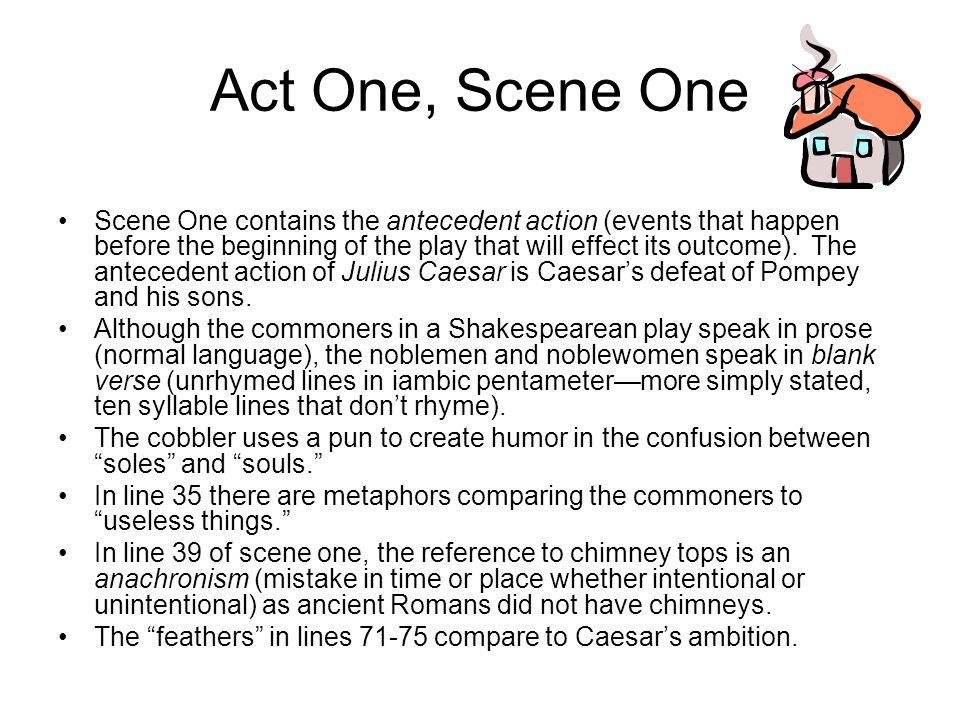
Source Image: slideplayer.com
Download Image
Julius Caesar Act 3 Scene 2 Close Reading Worksheet – Classful One of the first examples of verbal irony in Julius Caesar is when Cassius is speaking to Brutus in Act I scene ii. Cassius tries to convince Brutus that Caesar is not worthy to be the leader of

Source Image: classful.com
Download Image
Loyalty in Julius Caesar – Video & Lesson Transcript | Study.com Of course, the central irony of Julius Caesar is dramatic irony, as both the audience and the senators are aware of the plot to assassinate Caesar. Caesar, however, remains ignorant to the plan and even ignores the many warnings – including the soothsayer’s caution, the strange omens at night, and Calpurnia’s dream – that would have saved him.

Source Image: study.com
Download Image
PPT – The Tragedy of Julius Caesar PowerPoint Presentation, free download – ID:2222287
Loyalty in Julius Caesar – Video & Lesson Transcript | Study.com A summary of Act II: Scene i in William Shakespeare's Julius Caesar. Learn exactly what happened in this chapter, scene, or section of Julius Caesar and what it means. Perfect for acing essays, tests, and quizzes, as well as for writing lesson plans.
Julius Caesar Speech Analysis | PDF Julius Caesar Act 3 Scene 2 Close Reading Worksheet – Classful I. dramatic irony: is inherent in speeches or a situation of a drama and is understood by the audience but not grasped by the characters in the play. II. situational irony: outcome to be very different then what expected. III. verbal irony: a figure of speech is in what said is the opposite of what is meant.